S.O.S.: How to Get Rid of Cramps Fast
Ways to survive the worst time of the month.
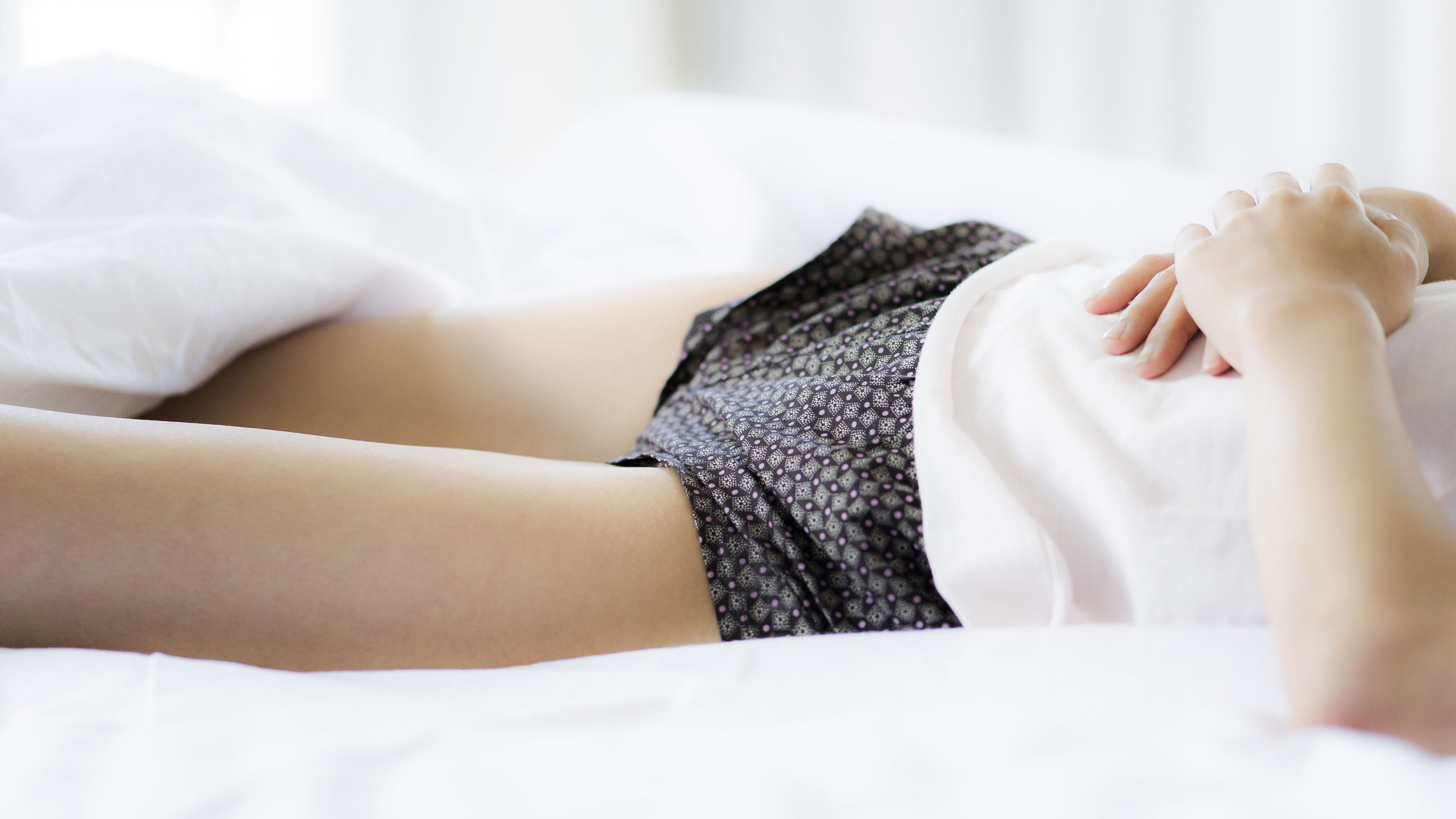

"Menstrual cramps are great," said pretty much no one ever with a uterus who had to deal with sleep-disrupting pain on her period. The pain caused by cramps can derail an entire peaceful day (or two) and even cause some women to skip out on work if they're bad enough. Everyone probably already reaches for pain relievers like ibuprofen to treat their cramps, but to get the 411 on other solutions, we spoke to Dr. Candace Howe—an OB/GYN based in Newport Beach who specializes in pelvic pain—to discuss some helpful alternatives, from diet changes to physical pain relievers.
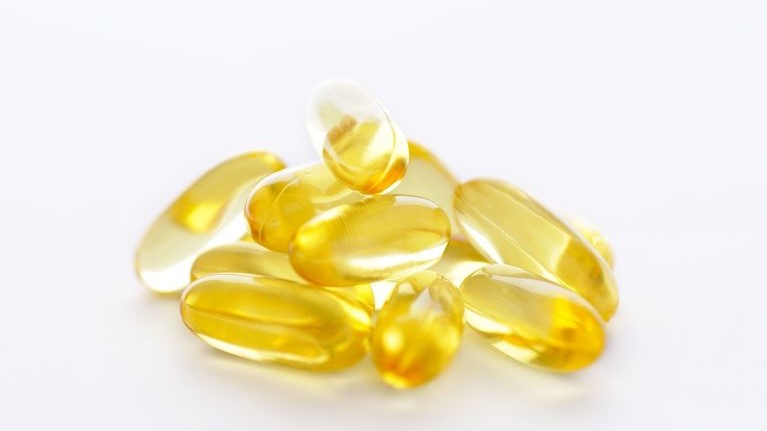
Howe says that omega acids have been shown in studies to be the most helpful as an alternative to popular pain reducers. (Probably the most well-known examples are the fatty acids derived from fish). She recommends introducing them into the diet, such as the ones found naturally in mackerels and sardines, more so than ingesting them in supplemental capsule form. "Eating those a few days before the cycle and then while on the cycle can be extremely helpful. Those are anti-inflammatory, they're anti-oxidant rich, and they decrease prostaglandins production, which is what is the cause, really, for menstrual cramping pain.
The one downside to omega acids are that they cause blood thinning and theoretically more bleeding on the cycle. So they might help with the cramping, but the question is, Is it so great for the woman to have less of the cramping if she's having a heavy, heavy period?" Up to you.
Pain reducers like Motrin, Ibuprofen, and Advil
The response to prostaglandins are why the Motrin, the ibuprofen, the Advil, etc. are so effective, notes Howe. "Because they're really strong anti-prostoglandin medication, they work especially if you pre-empt the period with them a day before you're expecting to get your period. They cause the arteries in the uterus to constrict so there's less blood flow on the cycle.
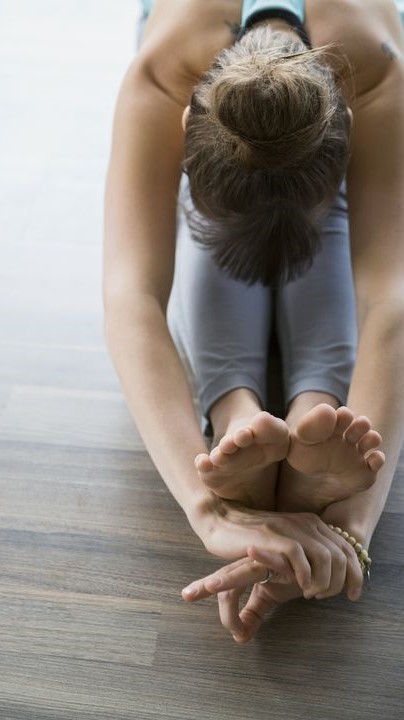
Exercise
When you're having bad cramps and all you want to do is curl up in bed with a hot water bottle, Dr. Howe recommends that you suck it up a little and lace up your sneakers for a run, or engage in some form of cardio that you like, such as a spin class or zumba. "Exercise for 30 minutes at least. Cardio is typically going to help, a lot of it being endorphin-based, with menstrual cramps. And there's no worrying about side effects, plus there are health benefits."
Get exclusive access to fashion and beauty trends, hot-off-the-press celebrity news, and more.
Acupressure
And though an option for pain might be a massage, Howe notes that most people don't have the time and energy to schedule one in the midst of a period, so it's helpful to find remedies at the moment to do to yourself. "I like acupressure for headaches, too, but for menstrual cramps, the acupressure zone is called SP6 or Spleen 6. If you press on it, it'll help for a few hours and then you will probably have to repeat it. Imagine that bony part of the ankle on the inner side. Starting four fingers above that prominence, on the inner part lateral to your shin, you put your thumb on that or your index finger and you press it not so hard that you're hurting, but you put some significant pressure there, and hold it for 3 minutes."
Magnesium
For those who aren't into having heavier periods caused by omega acids, Howe recommends magnesium as an alternative. "I tend to prefer to list where people can get that naturally as opposed to a supplement because our bodies were made to get all elements that we need through food. The number one best way for us to help keep our bodies healthy is to eat right. Leafy vegetables are an example of food that has magnesium, as well as beets and beans. Shrimp and salmon have magnesium and also have those fatty acids in them naturally. If you took it as a supplement, you could have 500 mg once or twice a day. Again, pre-empt the cycle one or two days before. Take it the first 3-4 days of your cycle. It could really help."
"Here's the side-effect of magnesium that might not be so great, though. In women that get softer stools and a little more diarrheal type symptoms on their cycle, magnesium is going to exacerbate that."
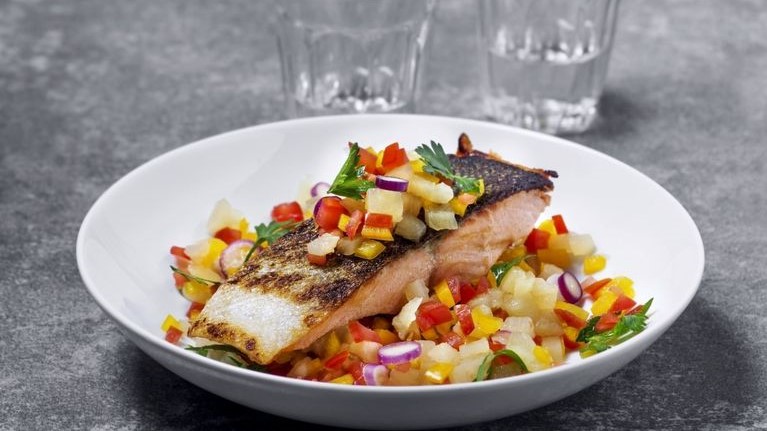
Heat Treatment
The reason why you love a good hot water bottle when you're on your cycle? The heat helps to relax the muscles of the uterus. Howe notes that she recommends heat treatments or pain-relieving patches especially for people that have a lot of musculoskeletal pain during their cycle. "I prescribe lidocaine patches to people that are prescription strength. And there's also Icy-Hot or Bengay, which are over-the-counter. It doesn't really get to the deep pelvic pain that people feel, but it may help especially if someone has a compounding issue, like a lower-back problem that gets exacerbated when she's on her cycle."
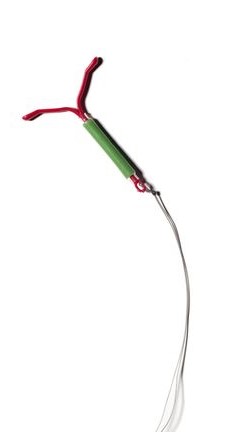
IUDS
Although you know them as one of the most effective forms of female birth control, IUDs can also be used as a way to treat issues from chronic pelvic pain. Says Howe, "I always like to recommend this to anyone who comes to me with pelvic problems: the hormonal intrauterine devices. I think all women with painful periods should know about it. The most common one is the Mirena Intrauterine Device. And the reason I love this intrauterine device is that is has just the right amount of progesterone on it, so you have the comfort of knowing that it's a localized hormone that treats the uterus and the low pelvic area. It's not systemic so you don't have to worry about side effects, weight gain, cancers. It lasts 5-7 years. It stops periods, protects fertility, stops your cramps, and stops your bleeding."
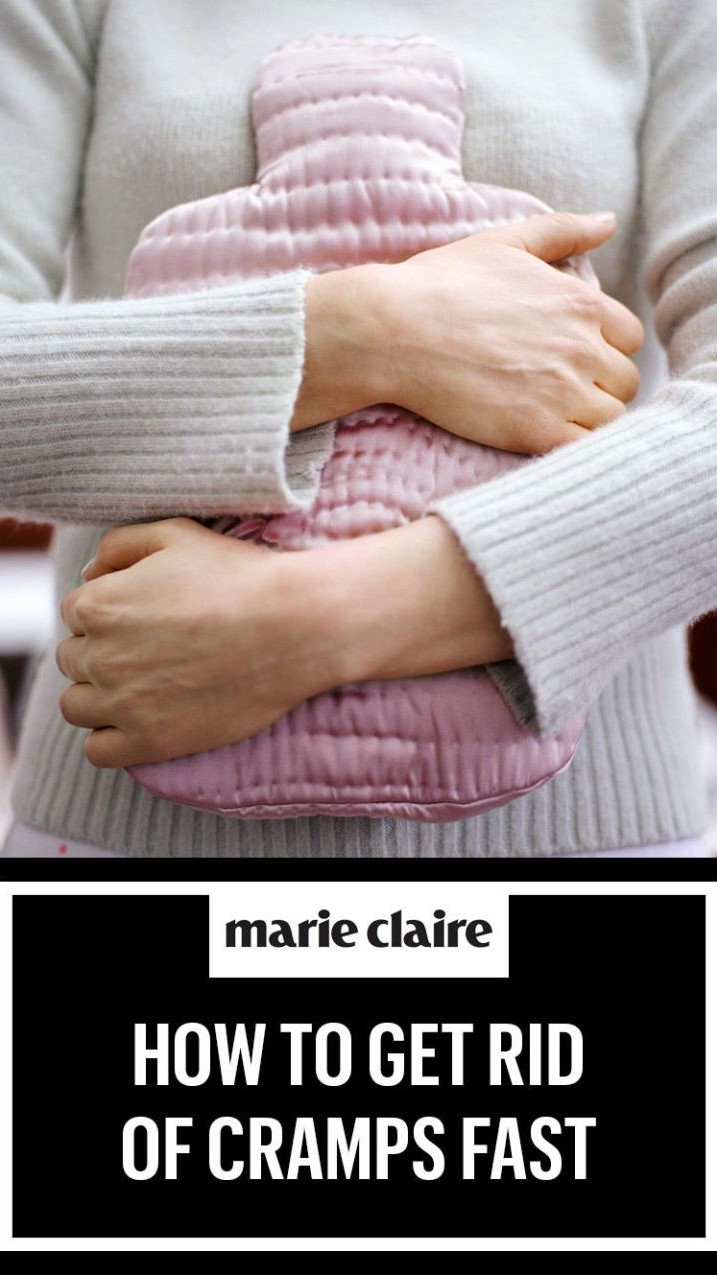
Follow Marie Claire on Facebook for the latest celeb news, beauty tips, fascinating reads, livestream video, and more.
